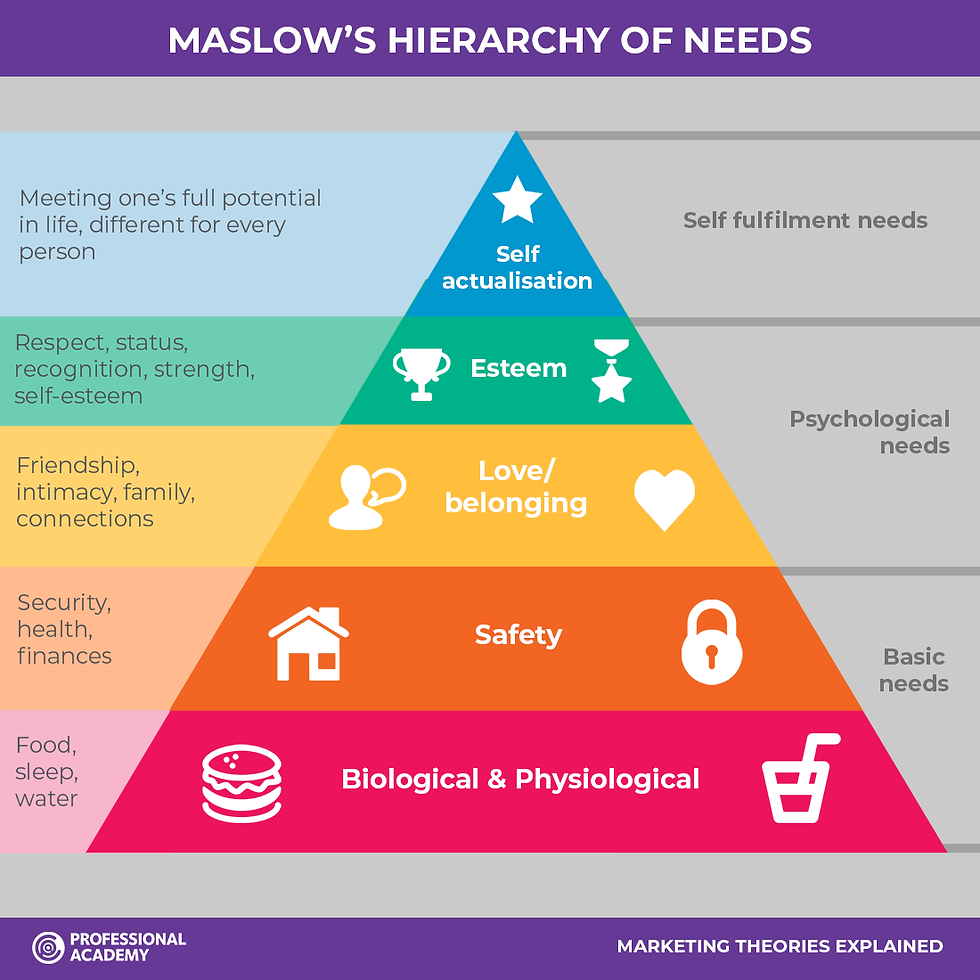The Science of Emotional Intelligence and Improving the Workers Compensation Experience
- Danielle Mik

- Sep 23, 2023
- 2 min read
“Let's not forget that the little emotions are the great captains of our lives and we obey them without realizing it.” - Vincent Van Gogh
Everything we do in life is to ‘achieve a certain feeling’ – whether we are conscious of it or not.
Think about a recent ARGUMENT you had with someone
Can you recall how it made you FEEL? Is that a strong memory?
Can you remember what they SAID? How clear is that memory?
Which is a stronger memory - the feeling or the words?
The vast majority of people will recall the ‘feeling’ much more strongly than the words – as the infamous Maya Angelou said “I've learned that people will forget what you said, people will forget what you did, but people will never forget how you made them feel.” If we accept this, we can allow ourselves to focus on learning the skills to manage our emotions and influence the emotions of others.
Emotional Intelligence is about knowing which emotions to experience, when, where and for how long, and knowing what emotions others are feeling – and how to move people from a negative emotional state to a positive emotional state (or from being sad/scared/unhappy to joyful/proud/resilient).
EI research has shown us that relationships exist between emotional intelligence and many important behaviours such as leadership, work performance, stress management, job satisfaction, resilience and physical and psychological health. The higher EI skills are, the better people rate all of these aspects of performance and their well-being. Imagine what we could achieve in the workers compensation industry if those having front line early contact with injured workers had the skills to be able to bring about this positive change and assist injured workers to manage their front line emotion - FEAR!
Programs such as THRIVE (personal development EI program) can assist to develop these skills in anyone. Contact me for more information.
Can you think of situations where possessing a better understanding of what a person was feeling(their emotion) may have changed how you interpreted their behaviour? Please share your thoughts in the comments section below.






Comments